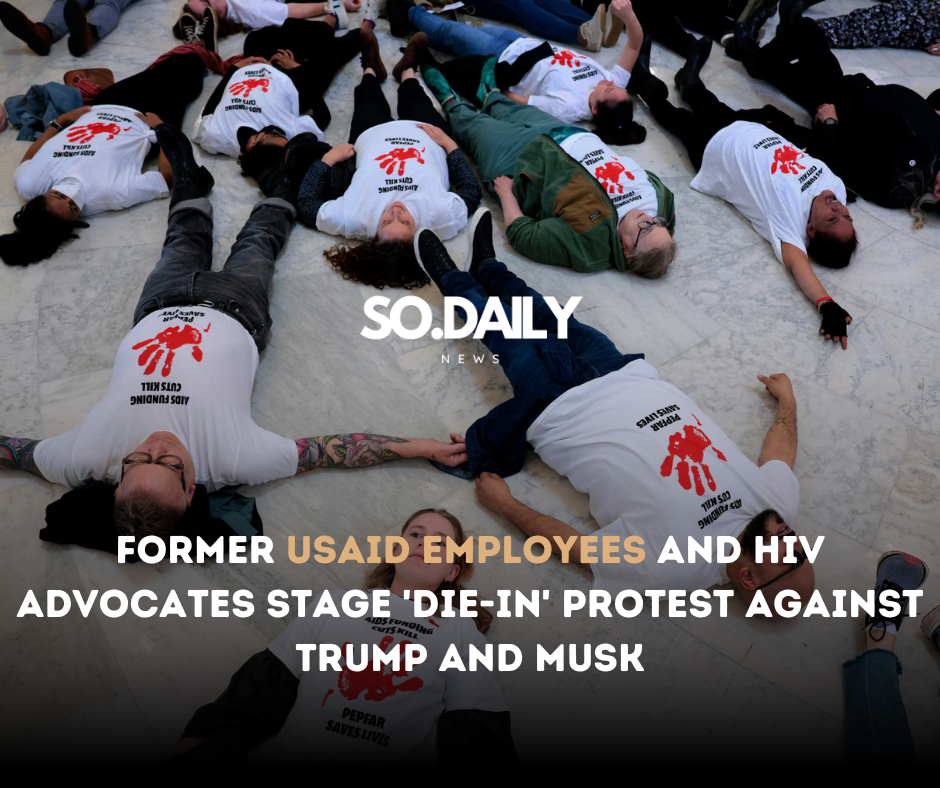The question of whether Europe can counter Russia in Ukraine without U.S. military support is complex and depends on a variety of factors, including Europe’s military capabilities, political unity, and the broader geopolitical landscape. While Europe has significant resources and military power, the absence of U.S. involvement could pose significant challenges in effectively countering Russia’s aggression.
Europe’s Military Capabilities
Europe has strong military forces, particularly those of NATO members such as the UK, France, and Germany. However, there are several hurdles to achieving the same level of deterrence as the U.S. military, which is globally deployed and has extensive combat experience. While European nations do contribute to NATO’s deterrence posture, there is often a reliance on U.S. leadership and advanced technology, including air superiority and long-range strike capabilities. The U.S. also maintains a nuclear deterrence umbrella over Europe, which has been a cornerstone of NATO’s defense strategy.
In the absence of U.S. support, European nations would need to significantly increase their defense spending, bolster their military readiness, and modernize their forces to match Russia’s capabilities. Additionally, the coordination of military resources between European countries could be more complicated due to differences in defense strategies, military doctrines, and logistical capabilities.
Political and Economic Unity
The effectiveness of Europe in deterring Russia also hinges on political unity. The EU has shown a strong commitment to sanctions and diplomatic pressure, but not all European nations share the same level of concern regarding Russia. Some countries, particularly those in Eastern Europe, are more invested in Ukraine’s defense due to their proximity to Russia. In contrast, others, such as Germany or France, have historically taken a more cautious or diplomatic approach toward Russia, which can slow down decision-making processes and create internal divisions.
Furthermore, Europe’s ability to maintain sanctions and political pressure without the U.S. could be weakened by economic dependencies. Russia has historically been a significant energy supplier to Europe, and while Europe has been working to reduce its dependency, energy shortages or economic crises could undermine the resolve of some countries.
The Role of NATO and Alliances
NATO is Europe’s most powerful security alliance, but it relies heavily on U.S. leadership, particularly in terms of defense capabilities and strategic direction. Without the U.S., Europe could still theoretically deter Russia through NATO, but it would require a much more robust and independent military commitment from European members. The alliance would need to strengthen its defense posture, ensure rapid response capabilities, and potentially increase troop deployments in Eastern Europe.
Moreover, NATO’s ability to deter Russia would depend on its cohesion and the willingness of all members to act decisively. In the absence of U.S. military leadership, the success of NATO’s deterrence would largely depend on how willing European nations are to provide consistent support for Ukraine, both militarily and economically.
Conclusion
While Europe has the potential to play a more significant role in deterring Russia, it is unlikely to be as effective without U.S. military support. Europe’s defense capabilities are formidable but currently insufficient to fully counter Russia’s military strength without additional backing. Therefore, maintaining a unified approach, strengthening military investments, and enhancing political cooperation would be crucial for Europe to succeed in deterring Russia without the U.S. military’s involvement.









